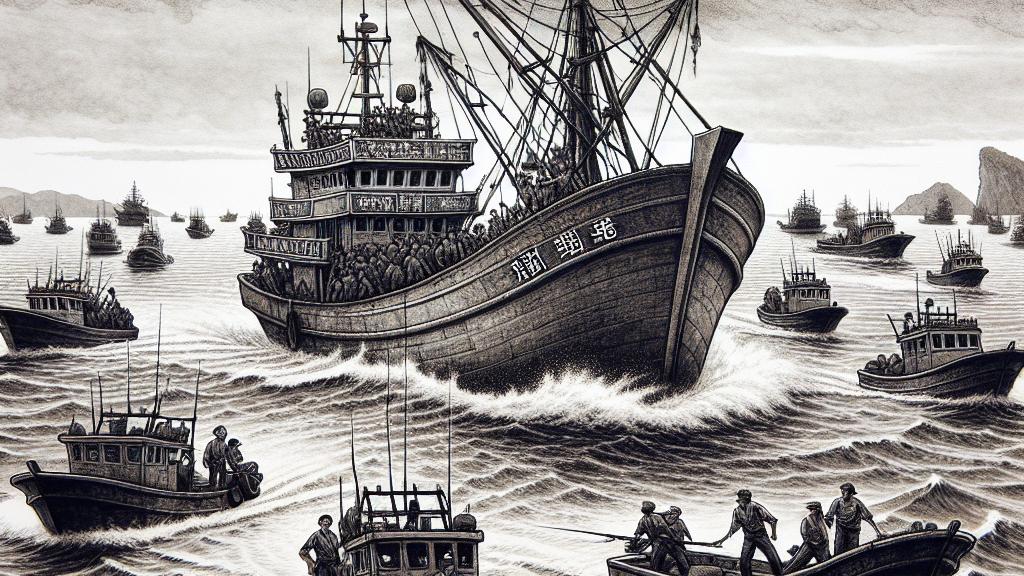Taiwanese Fishing Boat Captain Released by China After Four Months
Overview
- After four long months, the captain of the Da Jin Man 88 is finally released by China, shedding light on intricate cross-strait tensions.
- The vessel was seized near the Kinmen islands for alleged violations of Chinese fishing regulations.
- This episode serves as a striking reminder of the ongoing complexities and disputes between Taiwan and China.

The Seizure: A Tense Beginning
Picture the serene waters off the coast of Kinmen, where fishing boats usually roam freely. However, on July 2, the calm was shattered when the Da Jin Man 88 was seized by the Chinese coast guard. They accused the vessel of illegal fishing—specifically breaching a seasonal fishing ban. This incident didn't just happen randomly; it took place in a politically charged atmosphere where every nautical mile is contested territory. Kinmen, although part of Taiwan, lies precariously close to the mainland, creating a breeding ground for maritime disputes. This scenario illustrates the ongoing struggle for sovereignty, exemplifying how every fish caught can become embroiled in international politics.
A Long and Eventful Release Process
Fast forward four months to November 15, the day when the captain, after enduring significant hardship, was freed following the payment of a fine exceeding 210,000 yuan (around $39,000). It’s fascinating that while he had to wait so long, his crew members had been released in August, which left many pondering about the reasons behind this delayed reprieve. The payment itself represented not just money; it symbolized the collective efforts of local politicians and community members who stepped in to support the captain amidst the tumultuous waters of cross-strait relations. As the Da Jin Man 88 finally made its journey back to Penghu, escorted safely by Taiwan’s coast guard, it felt like a victory—not just legally, but also emotionally for those who had rallied in support.
Implications for Future Relations
What happened to the Da Jin Man 88 isn’t merely a maritime saga; it’s emblematic of the fraught relationship between Taiwan and China. Every incident at sea has the potential to escalate tensions further, affecting diplomatic dialogues and regional stability. For example, just this year, a previous confrontation involving a capsized Chinese fishing boat during a chase by Taiwan’s coast guard provoked outrage on both sides and deepened mistrust. Each such event serves as a potent reminder that beneath the surface of cooperative gestures lies an undercurrent of rivalry. With the world watching closely, these incidents not only heighten local anxieties but also pose a challenge to international norms regarding maritime conduct. As both countries navigate these treacherous waters, it becomes increasingly clear that open dialogue and strategic diplomacy are essential to avoid further misunderstandings and foster a more peaceful coexistence.

Loading...